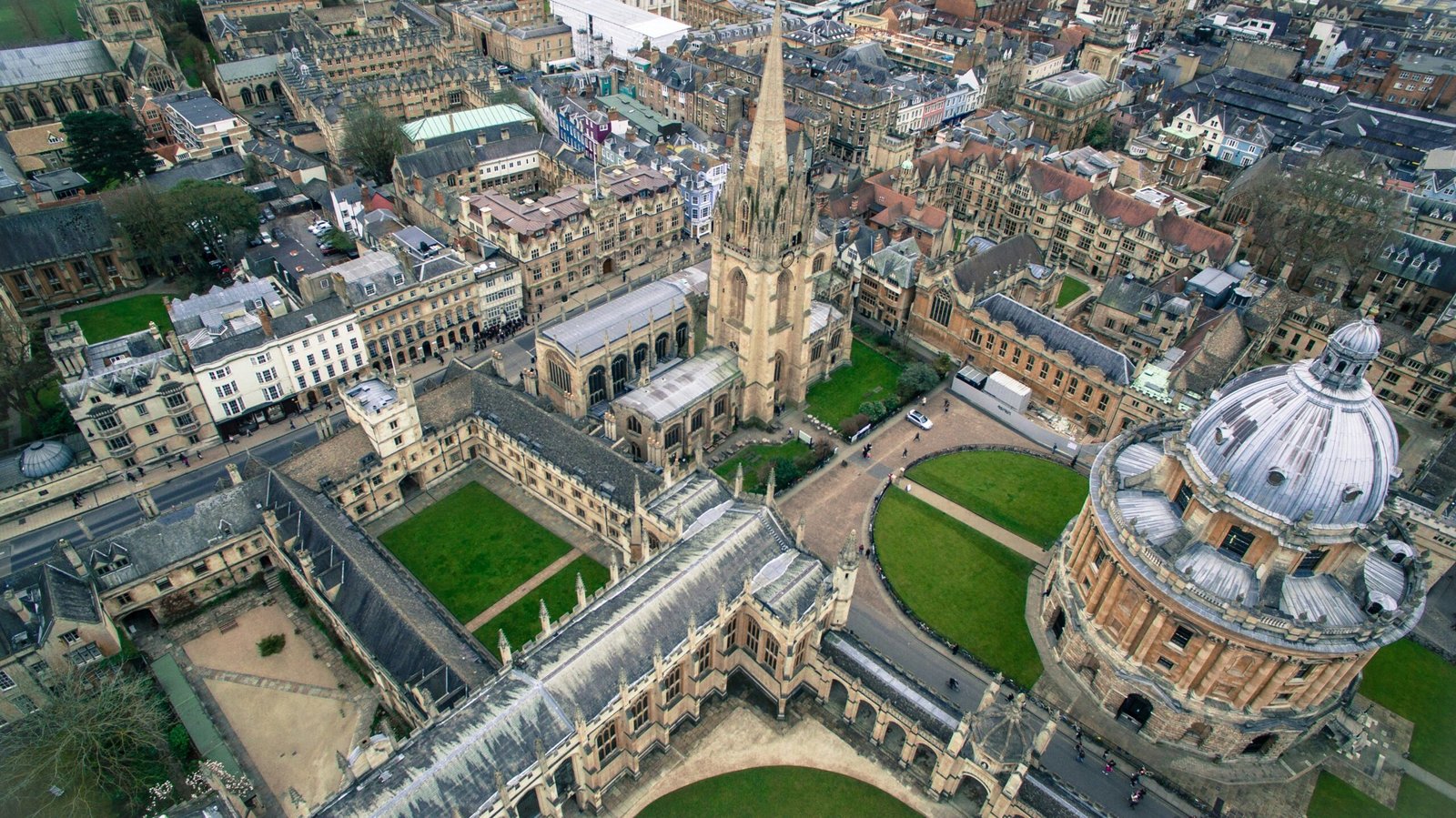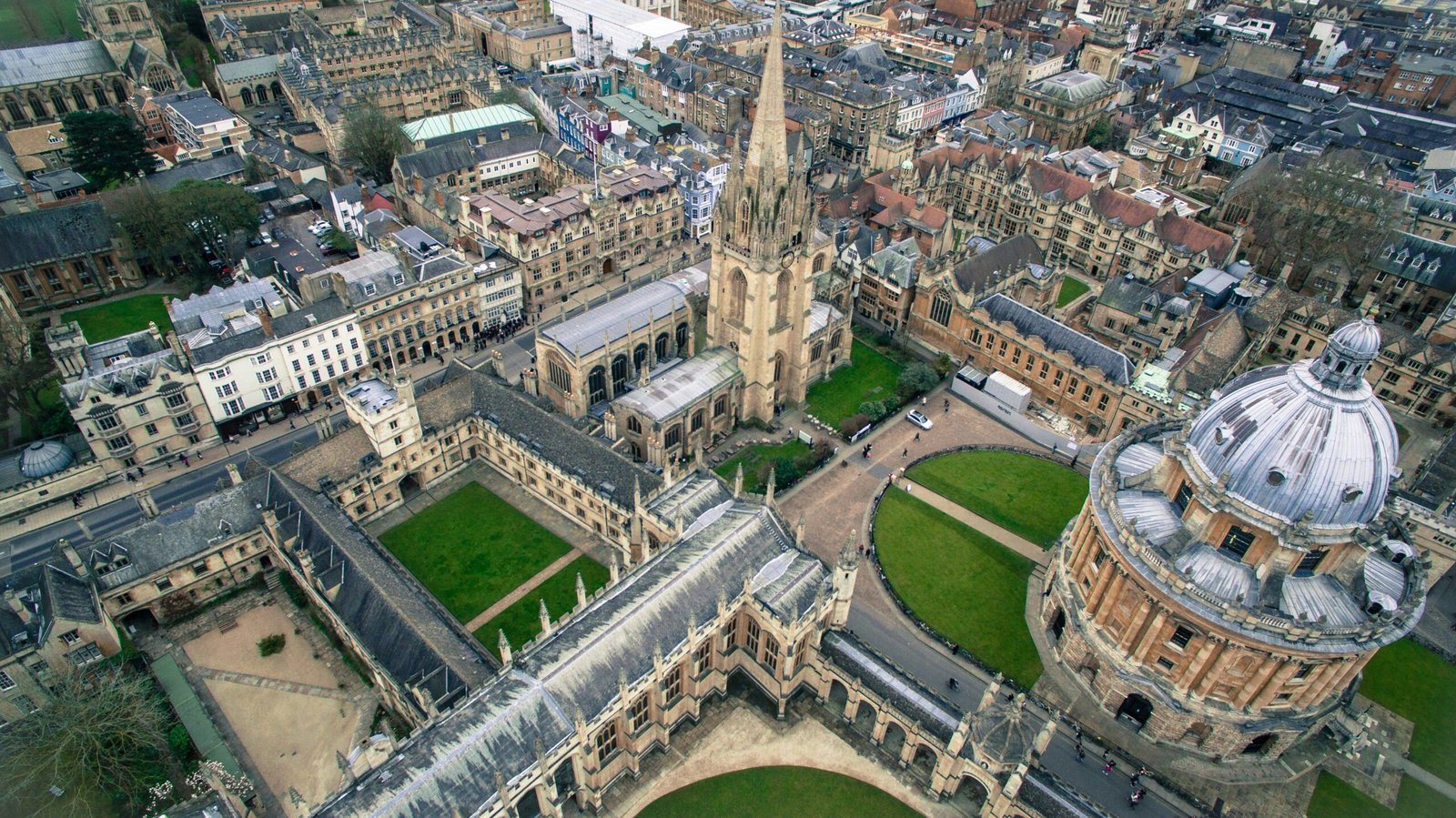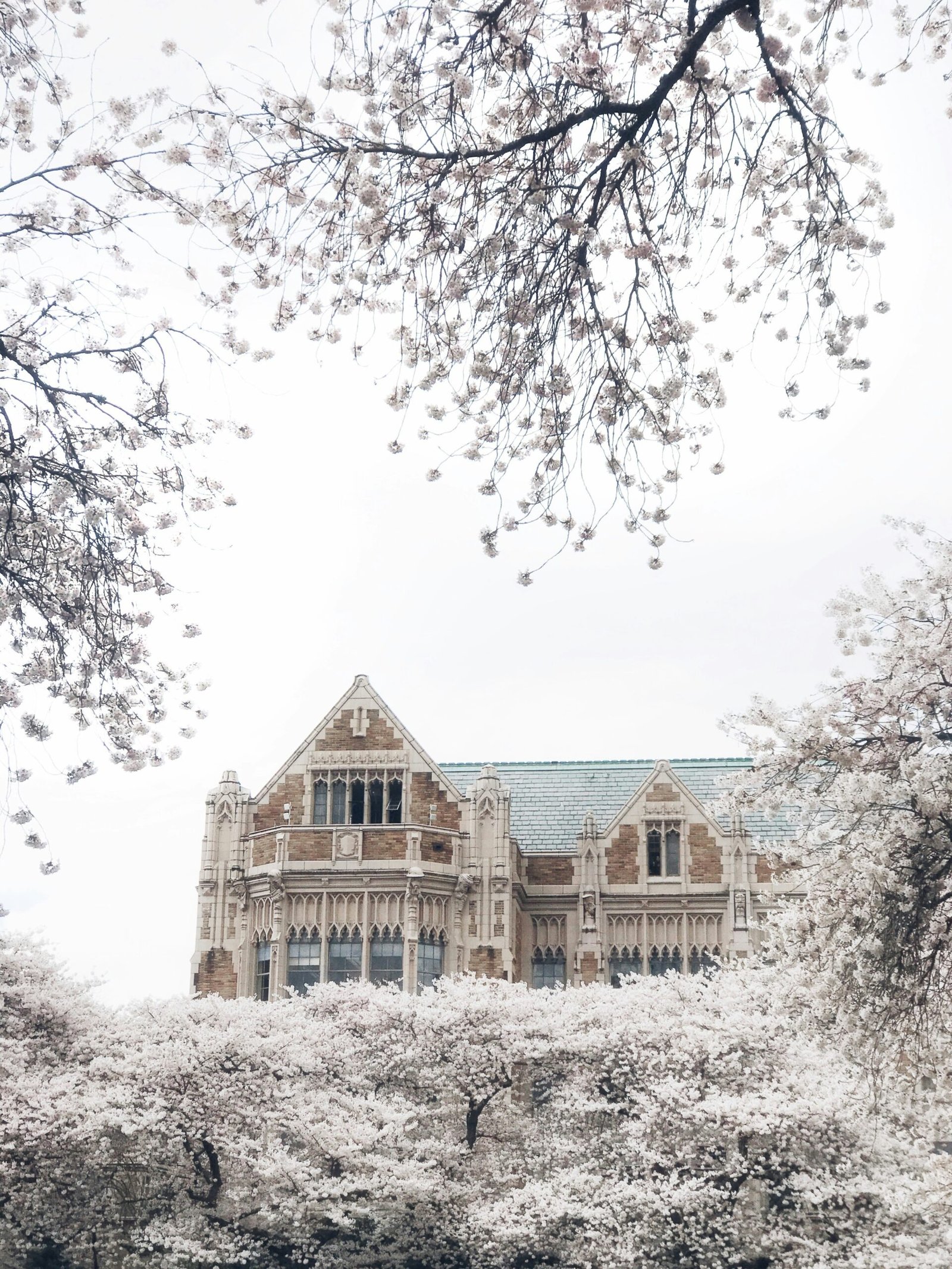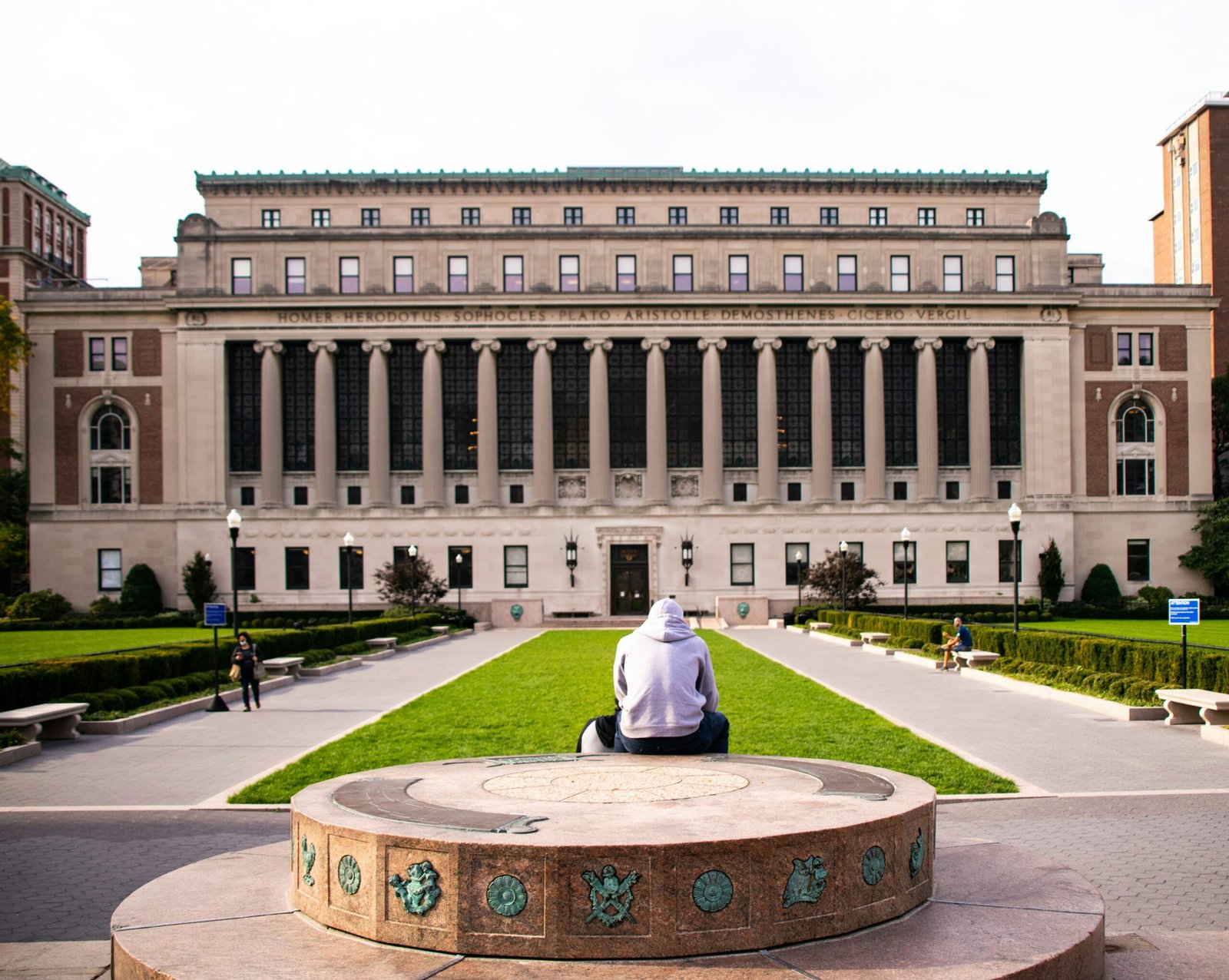

A Historical Overview of the University of Oxford
The University of Oxford, established in the 12th century, stands as a beacon of academic excellence and historical significance. Its origins can be traced back to 1096, making it the oldest university in the English-speaking world. The university’s early development was marked by the establishment of various colleges, with University College, Balliol College, and Merton College being among the first, founded between 1249 and 1264.
Throughout its history, the University of Oxford has been at the heart of numerous significant events. The 14th century saw the university embroiled in the St. Scholastica Day riot of 1355, a violent confrontation between townspeople and students, which underscored the tension between the university and the city. During the English Reformation in the 16th century, Oxford was a focal point for religious and political upheaval, with figures like Thomas Cranmer, Hugh Latimer, and Nicholas Ridley being martyred for their Protestant beliefs.
The university’s influence extended beyond the realm of politics and religion. It has produced a remarkable array of notable alumni who have left an indelible mark on the world. Among them are literary giants such as J.R.R. Tolkien and C.S. Lewis, pioneering scientists like Stephen Hawking, and influential leaders including former British Prime Minister Margaret Thatcher and Nobel Peace Prize laureate Malala Yousafzai. These individuals exemplify the university’s tradition of nurturing intellectual and creative talent.
The architectural landscape of the University of Oxford is a testament to its evolving history. The Radcliffe Camera, an iconic example of Palladian architecture, and the Gothic-style Christ Church Cathedral are just a few of the university’s architectural marvels. These buildings not only serve as functional academic spaces but also as symbols of the university’s enduring legacy. Over the centuries, new structures have been added, reflecting contemporary architectural trends while preserving the historical essence of the institution.
Through its rich history, the University of Oxford has maintained its status as a premier institution of higher learning, continually adapting to the changing times while honoring its storied past.
Academic Excellence and Programs at Oxford
The University of Oxford stands as a beacon of academic excellence, renowned for its rich academic structure that encompasses a multitude of colleges and departments. Each college operates as an autonomous entity, providing a nurturing environment for its members while contributing to the collective strength of the university. These colleges, along with over 100 academic departments, facilitate a comprehensive range of undergraduate, graduate, and doctoral programs. The diversity of academic disciplines offered ensures that students can pursue their intellectual passions, whether in the sciences, humanities, social sciences, or arts.
Oxford’s commitment to academic excellence is evident in its rigorous admissions process and the high standards maintained across all programs. Undergraduate students typically enroll in a three-year or four-year program, depending on their chosen field of study. The university also offers an extensive array of graduate and doctoral programs, designed to foster advanced research and scholarship. These programs attract students from around the globe, contributing to a vibrant and diverse academic community.
A distinctive feature of the University of Oxford is its tutorial system, a cornerstone of its pedagogical approach. This system involves regular, personalized sessions between students and tutors, who are often leading experts in their fields. The tutorial method promotes deep engagement with the subject matter, encouraging critical thinking and independent learning. Students benefit from tailored feedback and the opportunity to explore topics in greater depth than traditional lecture-based systems typically allow.
Moreover, Oxford’s academic environment is enriched by a plethora of resources, including world-class libraries, research facilities, and cultural institutions. This infrastructure supports the university’s mission to advance knowledge and foster intellectual growth. The combination of a robust academic framework, the tutorial system, and unparalleled resources underscores the University of Oxford’s reputation as a leading institution for higher learning, dedicated to cultivating scholars who are well-equipped to contribute to their respective fields.
Research and Innovation at the University of Oxford
The University of Oxford stands as a beacon of research and innovation, making significant contributions across a multitude of fields. The university’s robust network of research centers, such as the Oxford Martin School and the Oxford Internet Institute, plays a pivotal role in driving forward pioneering studies. These centers focus on addressing some of the most pressing global challenges, including climate change, cybersecurity, and public health.
One of the hallmarks of Oxford’s research landscape is its commitment to interdisciplinary collaboration. Notable projects such as the Oxford COVID-19 vaccine exemplify the university’s ability to mobilize expertise across various domains, from biomedical sciences to logistics and ethics, leading to groundbreaking discoveries that have a profound impact on society. Additionally, Oxford’s Environmental Change Institute conducts vital research on sustainability, influencing policy and practice on an international scale.
Oxford fosters a culture of innovation by encouraging collaboration not only within its academic community but also with industry and other academic institutions. The university’s partnerships with leading corporations, such as the strategic alliance with IBM, facilitate the translation of academic research into practical applications. This synergy helps bridge the gap between theoretical research and real-world solutions, enhancing the university’s contribution to technological advancements and economic growth.
The impact of Oxford’s research extends beyond academia, playing a crucial role in addressing global challenges. For instance, the Oxford Poverty and Human Development Initiative (OPHI) develops multidimensional measures of poverty that inform policy decisions worldwide, while the Oxford Robotics Institute advances automation technologies that revolutionize industries ranging from healthcare to agriculture.
Through its unwavering dedication to research excellence and innovation, the University of Oxford not only advances knowledge but also drives progress on a global scale. Its contributions continue to shape the future, providing solutions to complex problems and fostering an environment where academic inquiry and practical application coexist harmoniously.
Student Life and Culture at Oxford
The University of Oxford boasts a rich tapestry of student life and culture, making it a truly unique place to study. With a plethora of student societies and extracurricular activities, there is something to cater to every interest and passion. From academic and professional societies to sports clubs, arts, and cultural groups, students are encouraged to explore and engage in activities that complement their academic pursuits. These societies not only provide a platform for personal growth but also foster a sense of community and belonging.
Extracurricular activities at Oxford are an integral part of the student experience. The university offers a wide range of options, including theater productions, music ensembles, debate clubs, and volunteer opportunities. Participation in these activities helps students develop essential skills such as leadership, teamwork, and communication, which are invaluable in their future careers. Additionally, the university’s sports facilities and clubs allow students to maintain a healthy and active lifestyle, with opportunities to compete at both recreational and competitive levels.
Traditions play a significant role in the culture at Oxford, adding a unique charm to the student experience. From formal hall dinners in the colleges to the annual May Morning celebrations, these traditions create a sense of continuity and connection to the university’s storied past. Students are also encouraged to participate in various cultural events and festivals, which celebrate the diversity and inclusivity of the Oxford community.


